Septic tank collapsed - need advise on new Septic Tank
roguebabe
17 years ago
Featured Answer
Comments (15)
rjoh878646
17 years agocastoff
17 years agoRelated Professionals
Miller Place Plumbers · Springdale Handyman · Livingston Handyman · Beach Park Kitchen & Bathroom Remodelers · Apex Kitchen & Bathroom Remodelers · Calverton Kitchen & Bathroom Remodelers · Deerfield Beach Kitchen & Bathroom Remodelers · Glen Carbon Kitchen & Bathroom Remodelers · Port Orange Kitchen & Bathroom Remodelers · Rancho Palos Verdes Kitchen & Bathroom Remodelers · Shawnee Kitchen & Bathroom Remodelers · Sioux Falls Kitchen & Bathroom Remodelers · Spokane Kitchen & Bathroom Remodelers · West Palm Beach Kitchen & Bathroom Remodelers · Plant City Kitchen & Bathroom Remodelersbus_driver
17 years agosuburbanmd
17 years agopjb999
17 years agocastoff
17 years agocoolvt
17 years agosuburbanmd
17 years agoroguebabe
17 years agosuburbanmd
17 years agorjoh878646
17 years agodate1969_gmail_com
15 years agoLilla Hill
7 years agosepticworksllc
2 years agolast modified: 2 years ago
Related Stories
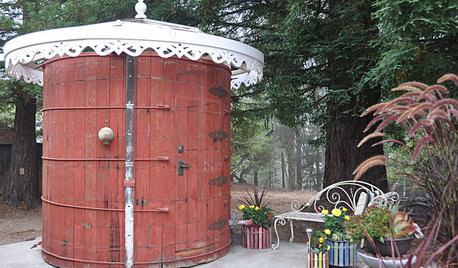
OUTBUILDINGSSee an Outdoor Bathroom Made From a Water Tank
This repurposed fixture in a California backyard is now the owners' favorite bathing spot
Full Story
EARTH DAYGrow a Beautiful Garden With Ecofriendly Greywater
Reducing home water waste means lower bills and a healthier planet. Here's how to set up a greywater home irrigation system that can help
Full Story
GREAT HOME PROJECTSHow to Switch to a Tankless Water Heater
New project for a new year: Swap your conventional heater for an energy-saving model — and don’t be fooled by misinformation
Full Story
HOUSEKEEPINGTackle Big Messes Better With a Sparkling-Clean Dishwasher
You might think it’s self-cleaning, but your dishwasher needs regular upkeep to keep it working hard for you
Full Story
REMODELING GUIDES5 Ways to Protect Yourself When Buying a Fixer-Upper
Hidden hazards can derail your dream of scoring a great deal. Before you plunk down any cash, sit down with this
Full Story
GREEN BUILDINGJust Add Water: Rain Barrel Magic
Take your rainwater storage from practical to beautiful with a new breed of design-friendly rain barrels
Full Story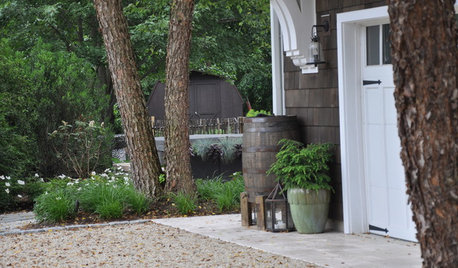
SAVING WATER6 Reasons Why You Should Save Your Rainwater Now
Collect and store during the rainy season so you’ll have water ready for irrigation when you need it
Full Story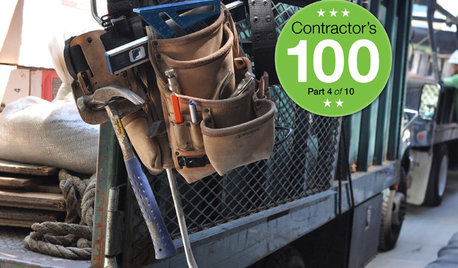
REMODELING GUIDESContractor Tips: What Your Contractor Really Means
Translate your contractor's lingo to get the communication on your home project right
Full Story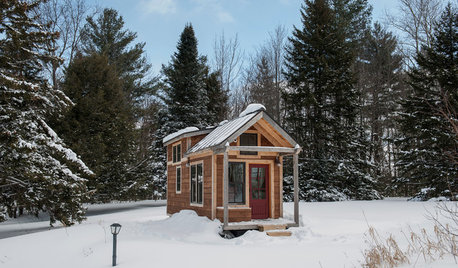
TINY HOUSESHouzz Tour: A Custom-Made Tiny House for Skiing and Hiking
Ethan Waldman quit his job, left his large house and spent $42,000 to build a 200-square-foot home that costs him $100 a month to live in
Full Story
GREEN BUILDINGOff the Grid: Ready to Pull the Plug on City Power?
What to consider if you want to stop relying on public utilities — or just have a more energy-efficient home
Full StoryMore Discussions






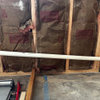
rjoh878646